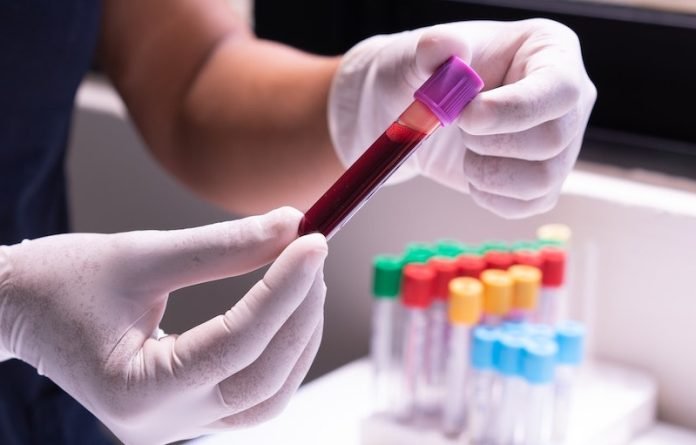
In a study from the University of East Anglia, scientists have helped develop a new blood test to detect prostate cancer with greater accuracy than current methods.
They reported that the Prostate Screening EpiSwitch (PSE) blood test is 94% accurate—beating the currently used prostate-specific antigen (PSA) blood test.
The research team says that the new test shows significant potential as an accurate and rapid cancer screening diagnostic.
The test was developed by Oxford Biodynamics in collaboration with UEA, Imperial College London and Imperial College NHS Trust.
Prostate cancer is the most common cancer in men and kills one man every 45 minutes in the UK.
There is currently no single test for prostate cancer, but PSA blood tests are among the most used, alongside physical examinations, MRI scans and biopsies.
However, PSA blood tests are not routinely used to screen for prostate cancer, as results can be unreliable. Only about a quarter of people who have a prostate biopsy due to an elevated PSA level are found to have prostate cancer.
In the study, the team evaluated the new PSE test, which combines the traditional PSA test with an epigenetic EpiSwitch test, in a pilot study involving 147 patients.
They compared its results with those of the standard PSA test—and found that PSE strongly enhances overall detection accuracy for at-risk men.
When tested in the context of screening a population at risk, the PSE test yields a rapid and minimally invasive prostate cancer diagnosis with impressive performance.
This suggests a real benefit for both diagnostic and screening purposes.
The new test can screen men for prostate cancer and accurately identify those at risk while sparing those who up to now would be subject to unnecessary, expensive and invasive procedures.
If you care about prostate cancer, please read studies that coffee may help lower the risk of prostate cancer, and dairy foods may increase men’s risk of prostate cancer.
For more information about cancer, please see recent studies that a low-carb diet could increase overall cancer risk, and results showing vitamin D supplements strongly reduce cancer death.
The study was conducted by Prof Dmitry Pshezhetskiy et al and published in the journal Cancers.
Copyright © 2023 Knowridge Science Report. All rights reserved.



